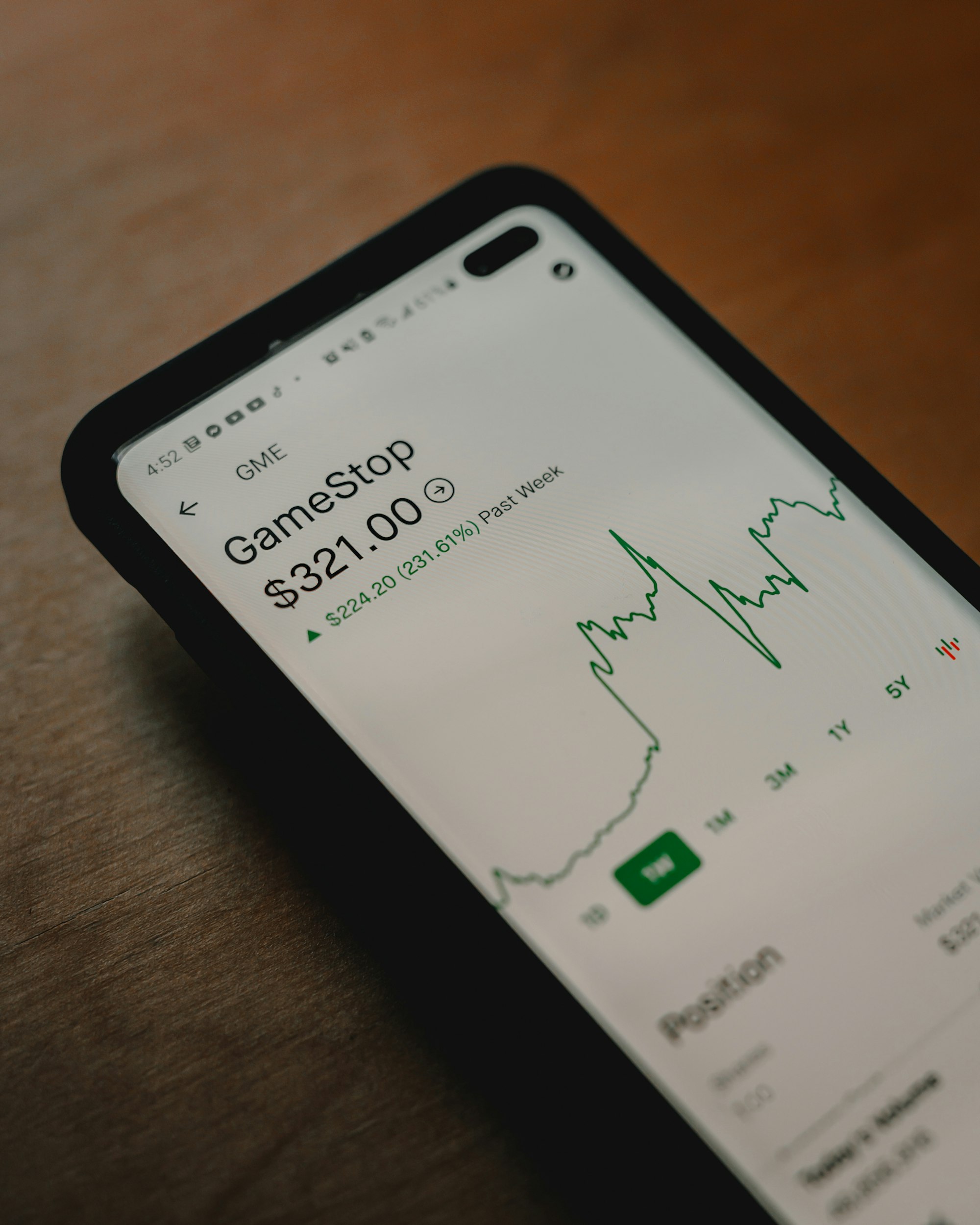What are Search Funds,SPAC(special purpose acquisition company) and SPE?

"Entrepreneurship through acquisition"(eTA) is a model wherein entrepreneurs buy businesses that have proven product-market fit and generating revenue.
Why would someone sell a business like that?
There could be many reasons, such as the business owner getting older and no-one in the family wants to pursue the business. The business owner could be a serial entrepreneur who wants to move on to their next venture, or the business owner thinks the market is prime for him to cash out his hard work and have a financially stress-free retirement life. Regardless of the reason, the eTA model is a win-win situation for both the entrepreneur and business owner.
So now, let's review some of the "vehicles" used for such transactions and understand some of the differences.
Search Funds
First, let's start with "Search Funds," a model that the Stanford business school has popularized, and folks who have studied or currently studying in top business schools would have come across this terminology. This model is for entrepreneurs who have a business degree or just about to graduate from business school and want to become CEO of a company.The individual or team of individuals start what is called a "search fund" and get some early investors, who will help give them funding through the "discovery process" - (i.e., the phase where the entrepreneur will venture out to find a business that is already making revenue). On finding a suitable company, the investors will pay in their share of investments to help the entrepreneurs close the acquisition. This model takes out the risk of young entrepreneurs who have not run a company by acquiring a company already making money. Search funds typically are targeted towards small to mid-size acquisitions. Such a model is great for budding entrepreneurs to take over a company and become a CEO at a young age.
SPAC
Now let us review SPAC (A special purpose acquisition company). I would consider SPAC as an extension of the "search fund" model to go after larger companies than small/midsized companies targeted in the search fund world. The "entrepreneurs" in this case are industry veterans who have vast experience running larger companies. The new concept in the SPAC is that a "Shell company" is first created and IPO'ed to raise the required capital. The entrepreneurs will spend the next year or two to find a company that matches their investment thesis. Then they go through an acquisition process and, post-acquisition, start managing the company. The model is almost similar to Private Equity LBO (leveraged buyout) acquisitions, except the cash is raised through IPO.
Advantages of SPAC
Less time: if a company wants to go public then the traditional IPO process can be a grueling Six months to an year process .However ,with the SPAC model the time could be as less than couple of months.
Fair Valuation: Going through SPAC the seller can negotiate a fair value with the SPAC sponsor instead of depending on market demand for valuation as done with the traditional IPO.
Strategic Partnership: SPAC offers industry expertise which can be leveraged by the company after going public.
Easy acqusition process: Since SPACs are just a shell company with lots of cash already raised from the IPO the process. The acquisition process of the target company will be smooth as compared to the exist strategy of the target company with a existing large corporation.
Disadvantages of SPAC
Rushed Judgement: SPAC sponsors have to find a company in two years or less or else they would have to return the money back the investors.So by the end of two years if the SPAC sponsors are not able to find a good company they may rush and make a poor purchase.
Quality of the target company: With the boom in SPAC ,there may be limited supply of good company and more demand ,again leading to SPAC making poor choice in the company.
Quality of the Sponsor: Investors in the SPAC will be relying heavily on the SPAC sponsors than the company the SPAC will eventually aquire.So finding a good fit between the SPAC sponsor and the target company will be key for ROI on the SPAC.
Rise of SPAC
Off lately, there has been a rise of SPAC based acquisitions in the market
"There were 194 traditional IPO deals raised $67 billion, the best year since 2014, according to Renaissance Capital. But it was an even better year for SPACs, which raised just about the same amount: 200 SPACs raised about $64 billion." - CNBC - 2020 SPAC and IPO figures
Some of popular SPAC based IPO in 2020
Virgin Galactic(NYSE:SPCE)
DraftKings(NASDAQ:DKNG)
Opendoor (NASDAQ:OPEN)
Nikola Motor Company(NASDAQ:NKLA)
some of the fintech companies have gone through the SPAC route for IPO as well .
Sofi-A online lending platform is set to use SPAC based IPO this year and is valued at $8.65 billion for merger with SPAC called "Social Capital Hedsophia Corp V"
SPAC provides a haven for companies to go public during the current COVID pandemic. Companies had feared the market volatility to go public, fearing they may not get their values worth. However, the cash rich SPAC seemed to have helped mitigate this risk.
SPE
Lastly, let us look at what SPE (Special Purpose Entity), sometimes it is easy to get confused between SPAC and SPE.
SPE is a risk management financial tool used by companies. For example, let us say if a company wants to start a new project and wants to get funding, they can begin to securitize their assets (let's say they can create an SPE with "accounts receivable") and use these assets to procure new loans. SPE are also used to structure complex transactions during Mergers and Acquisitions. The most famous usage or rather 'misuse' of SPE was Enron's prevalent misuse to procure loans from banks through SPE.
In conclusion, various creative channels exist through which entrepreneurs can get their funding, such as VC, search funds, SPACS, PE, etc., Starting a company finally comes down to will and the dream of the entrepreneur.





